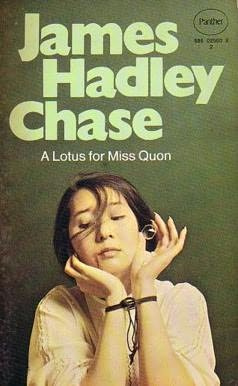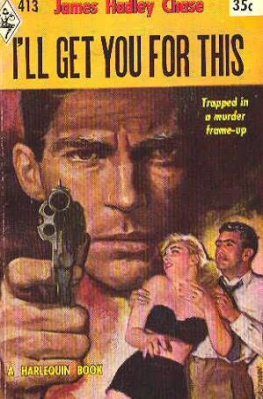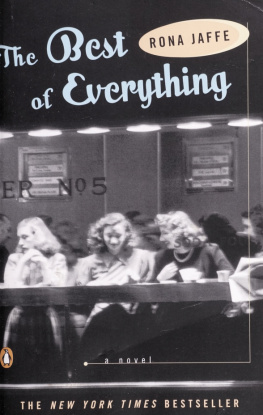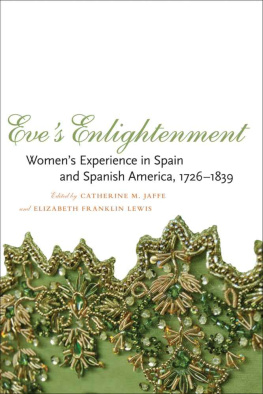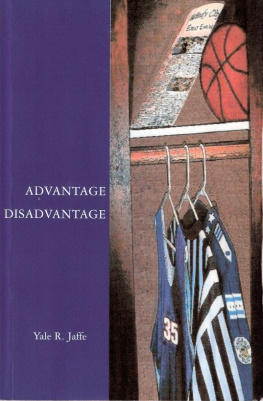C HAPTER O NE
HE had come upon the diamonds one hot Sunday afternoon in January.
It had happened in this way: he had had a solitary lunch prepared by Dong Ham, his cook and served by Haum, his house-boy, and then he had gone up to his bedroom for a siesta. In spite of the airconditioned coolness of the room, he had been unable to sleep. He had listened with growing irritation to the high-pitched chatter of his servants below, the discordant sound of someone's distant radio playing Vietnamese music and the nerve shattering racket of passing motor cycles.
Usually, he was able to sleep in the afternoon in spite of the noise, but this afternoon he had found sleep impossible. He had reached for a cigarette, lit it and then resigned himself to the depression of his thoughts.
He had come to loathe Sundays in Saigon. When he had first arrived, he had found the social round amusing, but now it bored him. He was bored by the same faces, the same idiotic: small-talk, the same dreary scandals, and he had gradually withdrawn from the set who ate, drank, and danced together day in and night out.
During the week, he had his work to distract him. He worked for a shipping company not a particularly interesting job, but the pay was good: a lot better than he could have hoped to have earned back home in San Francisco. He needed money for he had extravagant tastes: he drank more than was good for him, and also he was saddled with monthly payments to his ex-wife who had divorced him a few months before he had sailed to the Far East.
Now as he lay on the bed, feeling a trickle of sweat running down his massive chest, he thought bleakly that in three days' time, he would have to send his wife yet another cheque. He had only 8,000 piastres in the bank. When she had been paid, he would have very little left to last him to the end of the month which was quite some time ahead. Well, it served him right, he thought. He had been reckless to have bought that picture. It had been quite an unnecessary extravagance, but all the same, he thought of it with great pleasure. He had come across it in a dealer's shop in Duong Tu-Do, and it had immediately arrested his attention. It was an oil painting of a Vietnamese girl wearing the national dress of white silk trousers, a pale-blue sheath tunic and a conical straw hat. She was posed against a white wall over which climbed a rose-coloured bougainvillea. It was a set piece, but well painted, and the girl reminded him of Nhan. She had the same innocent expression; the same childish way of standing, even the same doll-like features. The girl in the painting could have been Nhan but for the fact he knew Nhan had never posed for an artist.
It was then that he remembered the picture was still unpacked and still had to be hung. He felt the urge to see how it looked on the wall in the downstairs room. Eager for an excuse to do something other than lying on his bed, he got up and walked barefooted down the stairs into the living-room.
Haum, his house-boy, was leisurely polishing the dining-room table. He looked up in startled surprise as Jaffe came into the room.
Haum was thirty-six years old. He was thin and small and his brown-skinned face had a pointed, foxy look. Although small and brittle-looking, he worked well and seemed able to undertake the heaviest tasks without appearing to tire.
"Get me a hammer, a good-sized nail and the steps," Jaffe said. Then as Haum gaped at him as if he thought he had gone out of his mind, he went on, "I have bought a picture. I want to hang it on the wall."
Haum's face cleared. He smiled, revealing gold-capped teeth.
"At once, sir," he said and went swiftly from the room.
Jaffe went over to where the painting stood against the wall, still in its paper and string. He stripped off the paper and stood the painting on the table and looked at it.
He was still regarding it with a half-smile when Haum came in with the step-ladder, a hammer, and a nail clenched in his teeth. He set the ladder against the empty wall where the picture was to hang, then moved curiously to Jaffe's side to examine the picture.
Jaffe watched him as he looked at the picture. There was no change of expression, but he was aware that there was a disapproving atmosphere which was felt but not seen. He knew that Haum didn't approve of him having a Vietnamese mistress and he knew too that Haum thought that by hanging this picture on the wall, Jaffe was deliberately rubbing Haum's nose in the fact that he did have a Vietnamese mistress.
This was, of course, not so. Jaffe minded very much what his servants thought of him. He minded what anyone thought of him. He had always been careful about his relations with Nhan. It was important to him that neither she nor he should be the subject of gossip, but here in Saigon, it was impossible to keep anything quiet: particularly an association between a man and a woman.
With a rapidity that angered and amazed Jaffe, the news that he had met a Vietnamese taxi-dancer at the Paradise Club in Cholon, and had fallen in love with her and she came regularly to his house had spread throughout the Saigon European community in next to no time. This in spite of the fact that he had taken every precaution not to be exposed to gossip. Nhan came only after dark. She slipped into the house like a ghost. She invariably left before dawn, yet all the European residents knew what was going on and gossiped about it in that bored, sophisticated way they have in Saigon when discussing other people's sexual adventures.
Although his two servants slept in a little building just across the courtyard that served both as a kitchen and their sleeping quarters, they too knew when Nhan visited him, but being Vietnamese, they were more intolerant and more critical than his European friends. They hinted silently by their attitude and expressions that he had lost face by taking a Vietnamese girl as a mistress instead of one of the many married or unmarried European women who were to be had for the asking.
Jaffe had met Nhan Lee Quon one evening at the Paradise Club in Cholon: a dimly-lit, noisy dance hall where unattached Europeans mixed with the Chinese and the Vietnamese in search of female company.
The Club was run by a fat, cheerful Chinese who called himself Blackie Lee. He ran the club at a considerable profit, and because of his big clientele, he was able to hire the prettiest and youngest Vietnamese and Chinese girls.
The girls could be hired for about 120 piastres an hour or roughly a dollar and a half of American money. Their job was to dance with you, to share your table and talk with you if you felt disinclined to dance, and generally keep you company. If you wished to develop the association, then you made your own arrangements with the girl. This was something Blackie Lee didn't want to know about. The girls were hired by him from nine-thirty p.m. until midnight when restrictions imposed by the authorities forced all dancehalls and every form of night life to close down. So if you were in a hurry, you paid Blackie for the girl's time, paid the doorman fifty piastres and left with the girl who either took you to her apartment or to a hotel for a sum you had agreed upon before leaving the club.
When Jaffe had first come to Saigon, he had felt the urgent need of female company. For the first two or three months, he had followed the recognized procedure and had slept with the numerous married European women who had nothing better to do than to exploit their somewhat tarnished sexual attractions, but he quickly found such associations led to complications, and he wanted, more than anything else, to lead an uncomplicated life.
Next page
